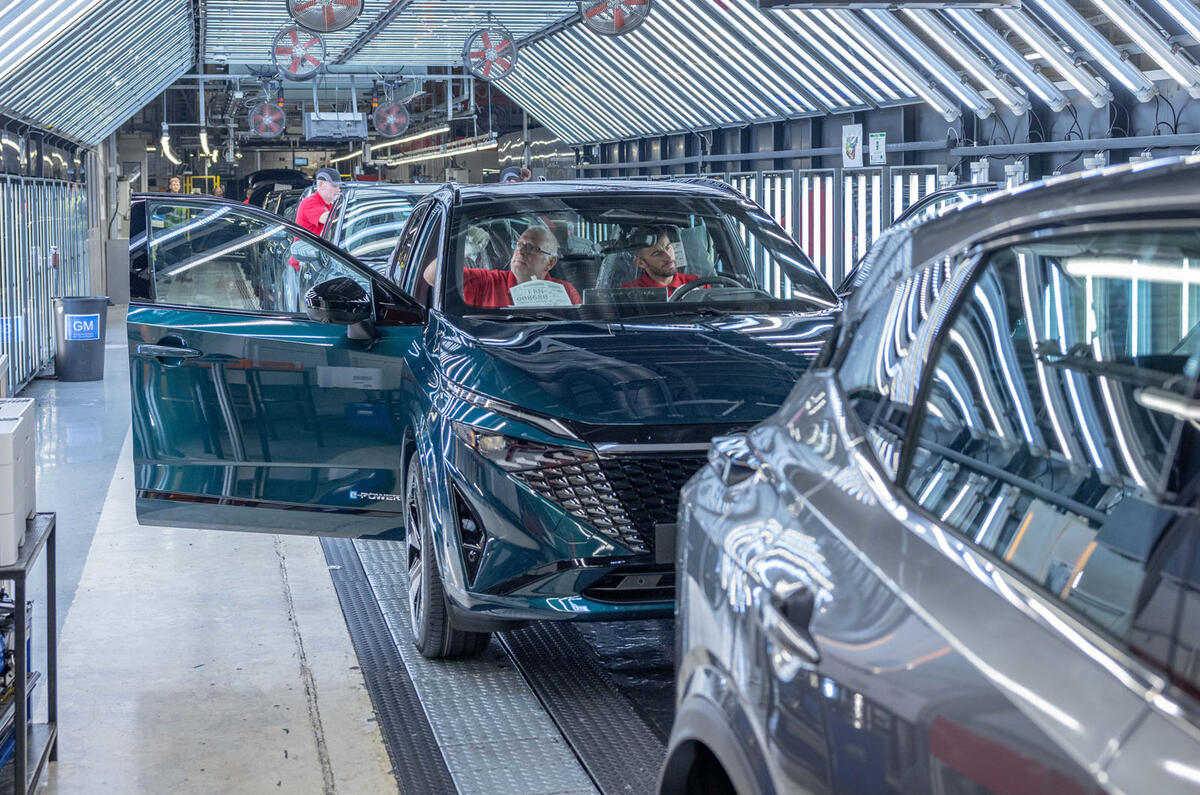The UK is aiming to once again become one of the world's top 15 vehicle production locations, following the government's unveiling of a new 10-year industrial strategy that promises significant savings and better trading conditions for manufacturers.
Revealed yesterday, the new industrial strategy provides the foundation for substantial reductions in commercial energy costs, favourable investment conditions, enhanced skills development and improved trading terms for UK-based manufacturers, and the automotive industry aims to use it as a “springboard” for substantial growth.




Add your comment